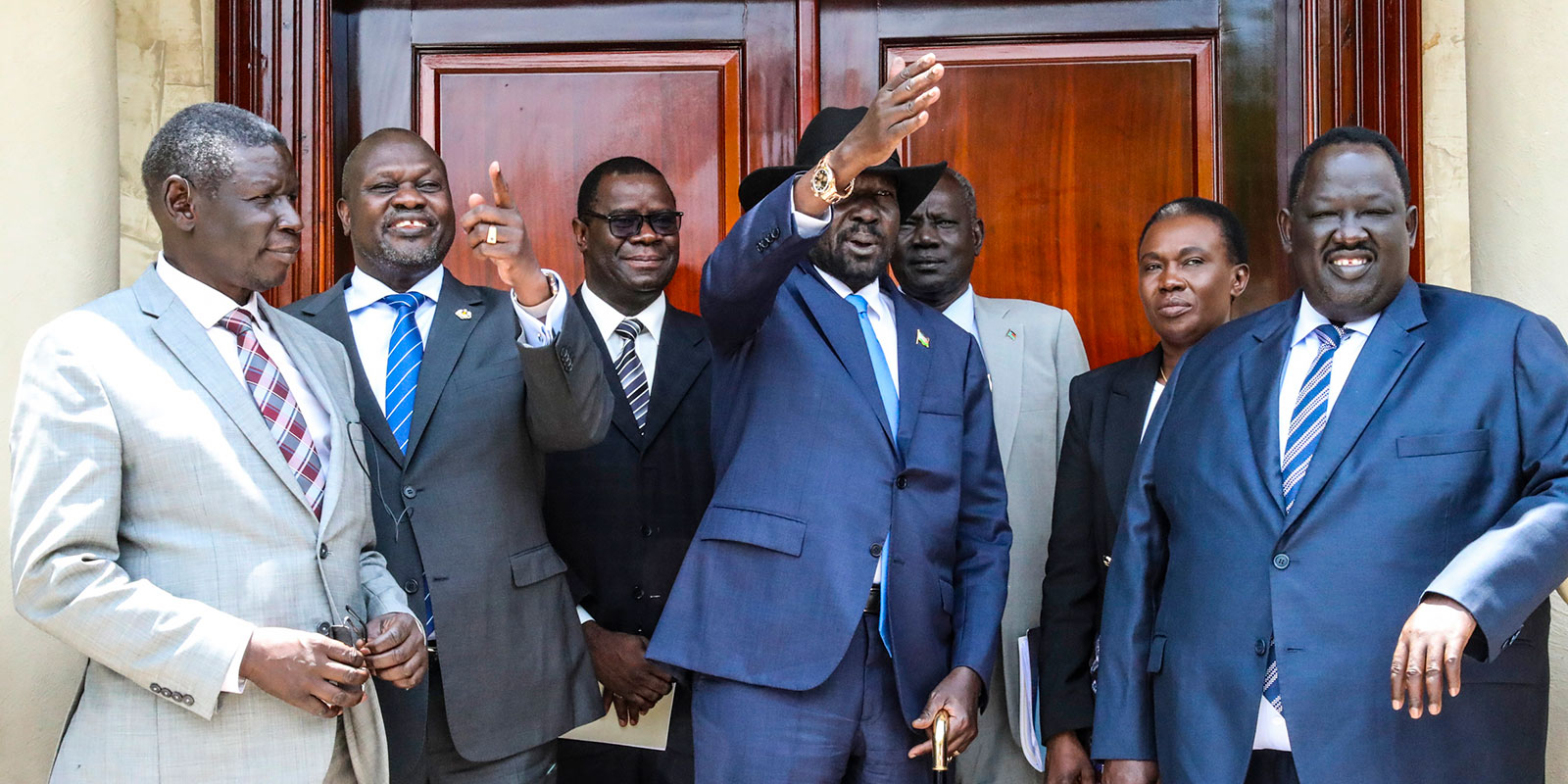The Revitalised Agreement on the Resolution of the Conflict in the Republic of South Sudan (R-ARCSS) makes a sufficient case that youth, as well as refugees, are significant stakeholders in the South Sudan transition process. Young refugees want to return home as soon as possible and they want to be more involved in the transitional process. Thus, while optimism about extending South Sudan’s transition period by 24 months grows, young refugees especially those who do not share similar enthusiasm should be accounted for in policy and programmatic interventions moving forward.
Ownership and legitimacy is vital for an effective peace process in #SouthSudan @jo_akamo
Tweet
Delay in reaching the milestones stipulated in the Agreement’s initial transition timeline already resulted in the parties to the September 2018 peace deal extending the transition period to 4 August 2022. This new extension, which will commence in February 2023, is expected to last until February 2025. The move for an extension was justified by insecurity, violence, institutional gaps which fuel human rights abuses, repression, worsening humanitarian situation, and the impact of COVID-19, among other factors.
Young South Sudanese refugees in the Kakuma Refugee Camp, Kenya, for example, are displeased over two issues. The first issue is that they want to return home as soon as possible, as the extended timeline means prolonged suffering to many of them. Although some acknowledge the milestones that must be reached to make their return peaceful which now requires more time, they believe more needs to be done to hasten the process.
The second issue is the worrying level of meaningful participation in the transition process. The crisis led to their displacement and physically kept them outside the South Sudanese territory, thereby impeding their participation in the transition process by limiting the agency through which they could meaningfully participate while their voice remained under-represented. In essence, these young refugees, whose return will be affected by the decision of extension, were left out of the conversation to extend the transition period. If it is assumed that the transition is meant to demonstrate an attempt at a working democratic process, it follows logical necessity to ensure an all-inclusive process which should include these young refugees because they are citizens of South Sudan. Failure to address this gap may imply the re-echoing of one of the root causes of conflict in South Sudan: political exclusion. Showcasing the political will for an inclusive society is thus essential for South Sudan.
An all-inclusive approach to the transition process is vital for two critical elements of peacebuilding in South Sudan – ownership and legitimacy – and completing the second and third stages offers these elements without strain. Citizens have to own the process at the grassroots while the process gains its acceptability. Youth are significant drivers in this regard. This should not be overlooked as it threatens a potential strain on the sustainability of the peace process if a fraction of the population does not engage in the peace process or questions the validity of the process or its outcomes.
Article 8.4 of the R-ARCSS Agreement, prescribes the amendment process, which involves three stages: Two-thirds of the Council of Ministers must give their approval, two-thirds of the Revitalized Joint Monitoring and Evaluation Commission (RJMEC) members must provide their consent, and the Transitional National Legislature (TNL) must ratify it. However, as of now, the second and third stage is yet to be fulfilled.
The youth of #SouthSudan have to co-own the peace process at the grassroots for it to gain acceptability @jo_akamo
Tweet
The RJMEC’s consent is required for the second stage. Its main role is to monitor and oversee the implementation of the Revitalised Peace Agreement and the mandate and tasks of the Revitalised Government of National Unity (RTGoNU), including the Parties’ adherence to the agreed timelines and implementation schedule. However, the peace Agreement is incorporated in the Transitional Constitution. Thus the extension goes beyond politics. It may raise constitutional/legal questions. The extension, therefore, requires the completion of the second and third stages of the amendment.
The ratification by the TNL holds more gravitas, especially within the ownership-legitimacy frame. Before voting for the ratification, the constitutional status of the Agreement, ideally, requires that they consult with citizens. In light of young refugees’ concerns, therefore, carrying out the third stage offers an entry point to ensure that South Sudanese refugees, as citizens, participate in the process. Aside from enhancing ownership and legitimacy, it also demonstrates the political will of the leadership of the transition process toward inclusion which is an essential tool that will improve the quality of the process outcome. In the end, returnees should be able to engage with the peace process upon return as theirs – not a distant reality that was put in place while they were away.
Within the last two decades, there is substantial evidence that youth resilience is an entry point for strengthening the resilience of peace processes. Both the African Union (AU) and the United Nations (UN) have prioritised the Youth, Peace and Security (YPS) agenda. Thus, policy and programmatic attention to South Sudanese young refugees is required to operationalise the YPS framework for their advantage. Both institutions can work together to enhance the Intergovernmental Authority on Development’s (IGAD’s) efforts in extending the work beyond humanitarian interventions.
Jesutimilehin O. Akamo is the Coordinator of the Research Unit at the Institute for Peace and Security Studies (IPSS), Addis Ababa, Ethiopia.


